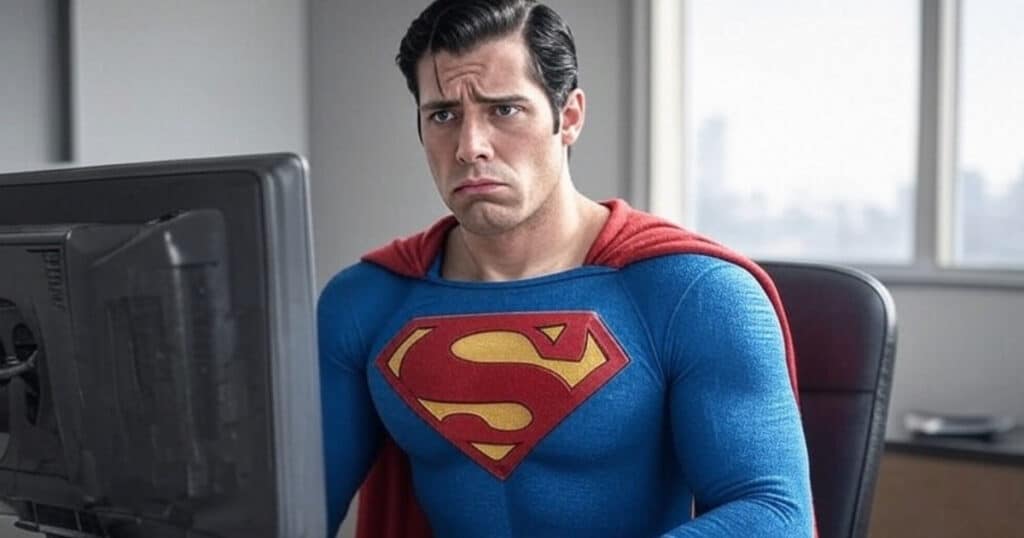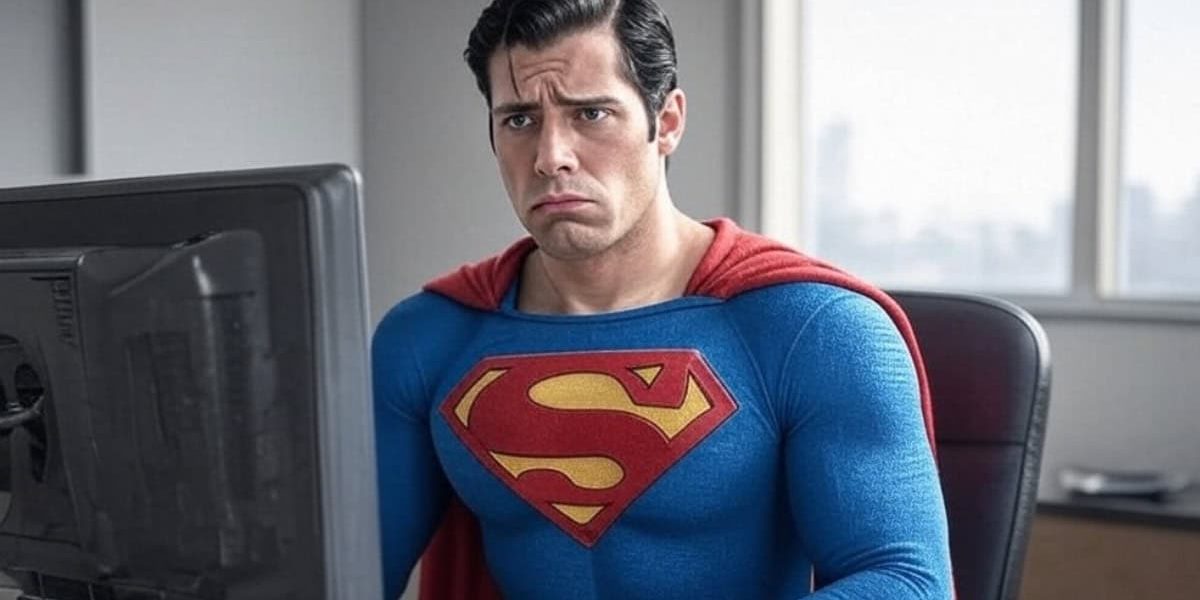The phenomenon of AI trailers has recently surged in popularity on YouTube, garnering millions of views and sparking a debate within the film industry. So, why are major film studios not taking action against these videos?

In the past, there was a fascinating trend where fans created fan-made trailers that reimagined well-known films in entirely different genres. A notable example is the fan edit of The Shining, which portrayed the Torrance family as a joyful unit enjoying their time at the Overlook Hotel, set to the uplifting tune of Peter Gabriel’s “Solsbury Hill.” However, this nostalgic era has diminished significantly, as we now witness a proliferation of AI-generated trailers on YouTube that deceive viewers into believing they are official promotions released by studios.
Over the past couple of years, these AI trailers have gained substantial traction, particularly in relation to highly anticipated upcoming films. For instance, the upcoming Superman project, directed by James Gunn, has seen its fake trailers amass hundreds of thousands of views, at times overshadowing the actual trailers themselves. Unfortunately, many viewers fail to recognize these as AI creations, leaving comments that express excitement about the film or admiration for Superman’s physique, completely unaware that the visuals they are responding to do not accurately represent the official release.
The question arises: why are these AI trailers not being removed from platforms like YouTube? According to reports from Deadline, some studios have made requests for YouTube to redirect a portion of the ad revenue generated by these videos back to them. From one perspective, this move allows Hollywood to capitalize financially on its intellectual properties while unauthorized users exploit them. However, this raises significant concerns, as it essentially legitimizes the practice of using copyrighted material for personal gain, a core issue in the ongoing conversation about AI in Hollywood.
As a result, entities like Screen Culture and other advocates for AI trailers continue to expand their collections. They are not only benefiting from increased views and revenue but also receiving tacit approval from major studios. If companies like Warner Bros. choose not to demand the removal of these videos, opting instead for financial compensation, it raises questions about their ethical responsibility. Why would platforms like Screen Culture halt their operations when studios are not taking a firmer stance against these AI-generated edits? It is indeed troubling that studios allow this trend to persist while their intellectual property is undermined.
What are your thoughts on the surge of AI trailers flooding platforms like YouTube? What obligations do studios have to safeguard their intellectual properties in this evolving landscape? We encourage you to share your insights and engage in the discussion in the comments section below.






